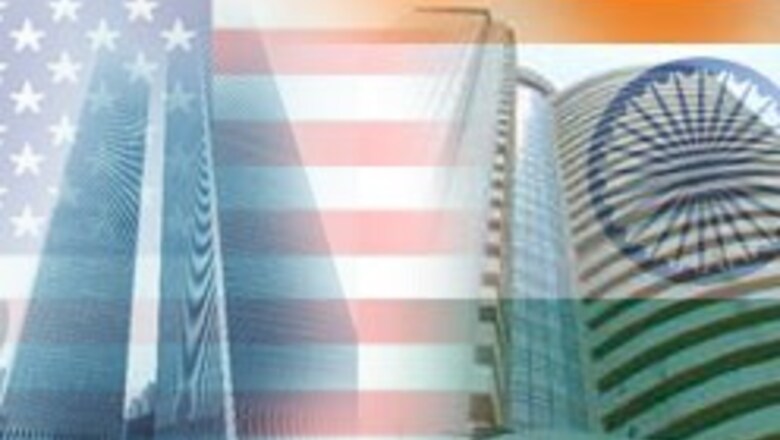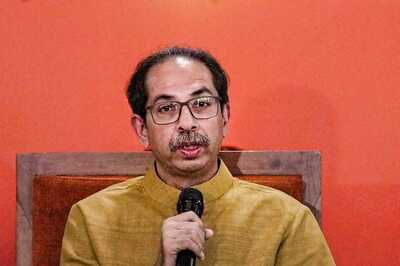
views
Washington: As the US business community hailed the India-US civil nuclear deal, a leading daily suggested that it would complicate Washington's strategy elsewhere—such as North Korea.
Welcoming the landmark enabling law signed by President George Bush on Monday, the US-India Business Council (USIBC) said it marked "a defining moment in US-India relations, reminiscent of (former President Richard M) Nixon's opening to China".
The move had broad implications for the US-India relationship, USIBC president Ron Sommers said. "This is more than simply sharing of civilian nuclear technology. This is about removing the cinder from the eye that had been the nagging aspect in our relationship for the last three decades," he said.
"And in removing this cinder from the eye, we're very hopeful that we're going to see a further convergence of our two economies and the alignment of our two great democracies for the 21st century," he added.
The business council said India's nuclear industry has announced plans to greatly increase its generating capacity, an expansion estimated to be worth $150 billion over the next 26 years. That expansion could lead to substantial business for US companies.
Timothy J Richards, senior manager for international trade and investment at General Electric, called the development "very important", given India's plans for new generating capacity.
"This is a very substantial growth area. The fact that the US is changing its policy and approaching India, looking to open civilian nuclear trade with India, is extremely important," he said.
Teresita C Schaffer, director of the South Asia programme at the Centre for Strategic and International Studies, said the law signed by President Bush on Monday was the most difficult of the four steps that need to be taken for civilian nuclear-technology sales to be made to India.
However, striking a different note, the Los Angeles Times commented in an editorial Tuesday that while critics say the deal could do more harm than good to US interests, "They're wrong. It already is complicating US strategy in Asia and elsewhere".
The US rightly condemns Kim Jong II's withdrawal from the Nuclear Non-proliferation Treaty in 2003, yet it overlooks India's refusal to sign it. It's hard not to see a double standard at work here - nuclear weapons are okay for our friends but not for our enemies, it said.
"It's an appealing but simplistic policy, and its perils were evident last month during Chinese President Hu Jintao's visit to India and Pakistan. The Chinese leader's visit was productive for all three countries. But it also hinted at a dangerous future of superpower competition through nuclear trade, endangering both the region and the world," the Times said.



















Comments
0 comment